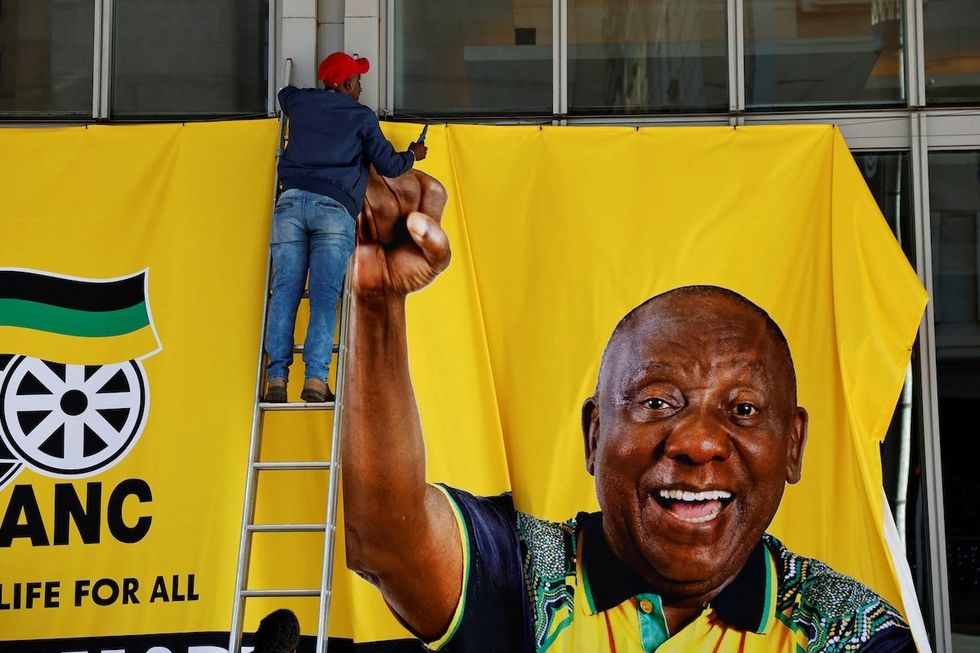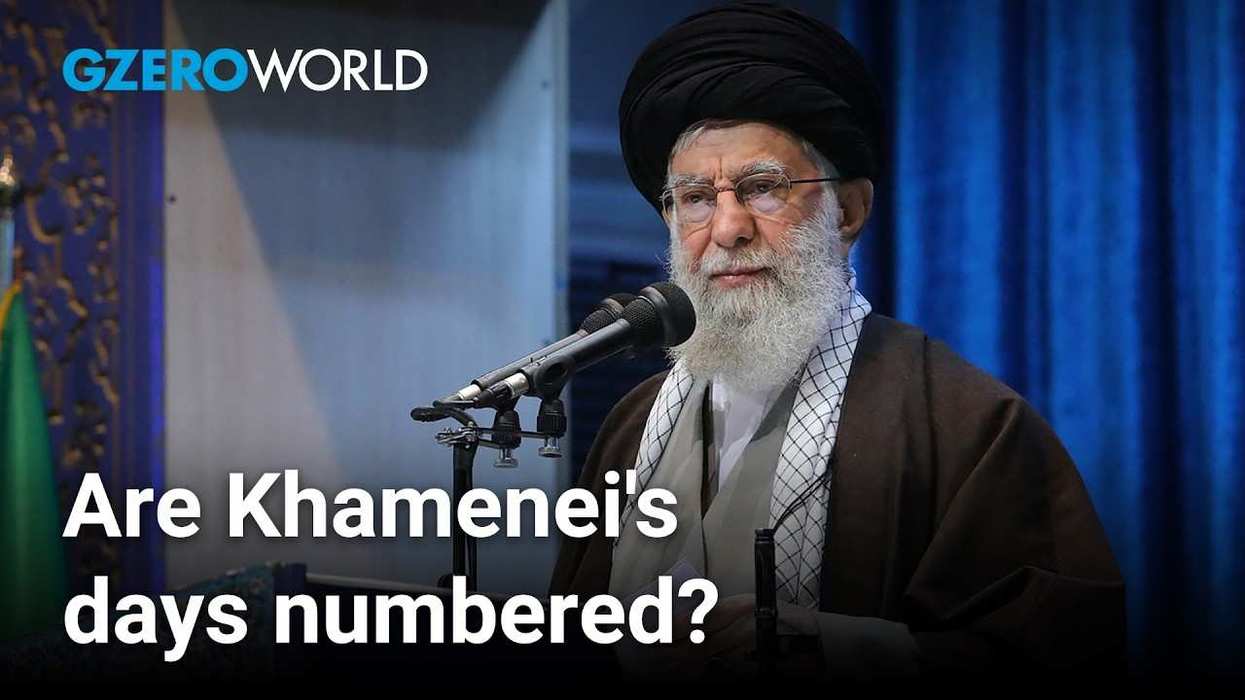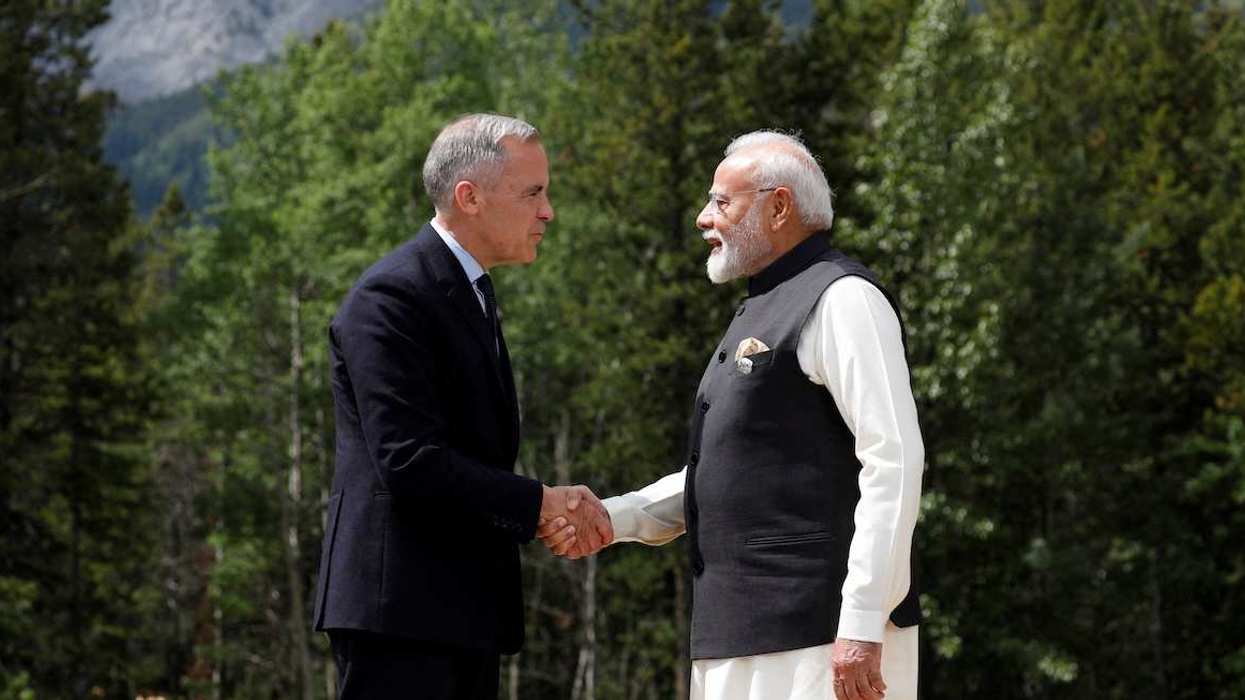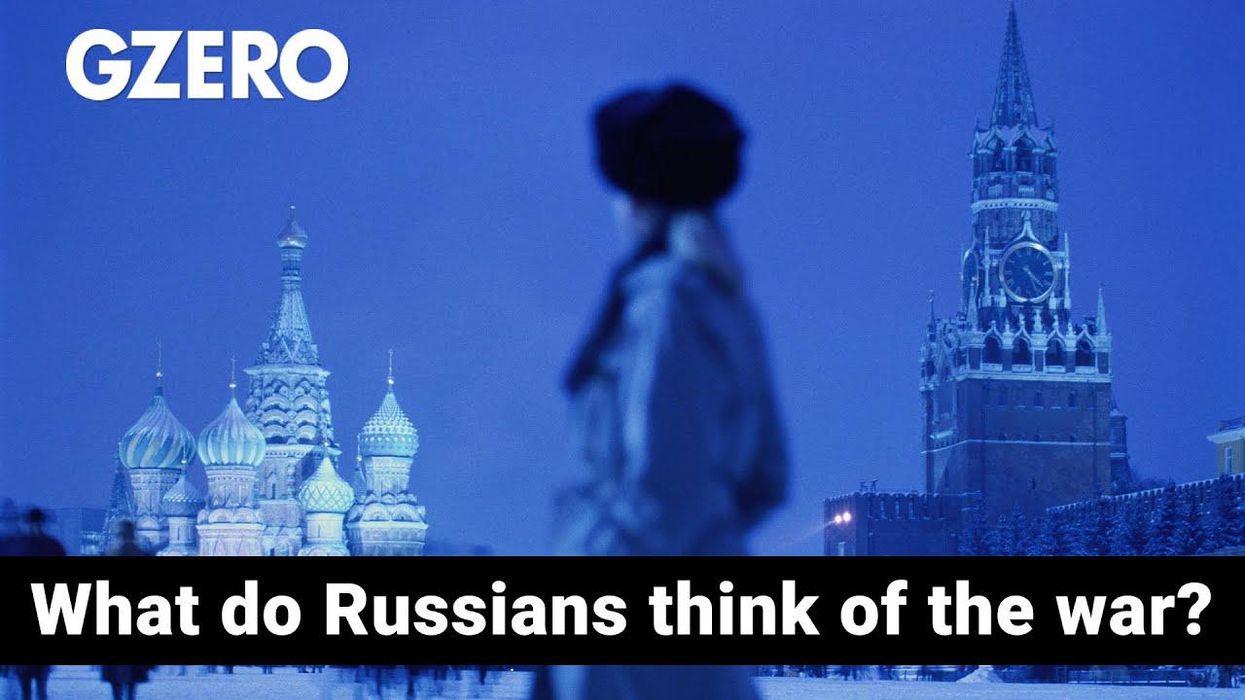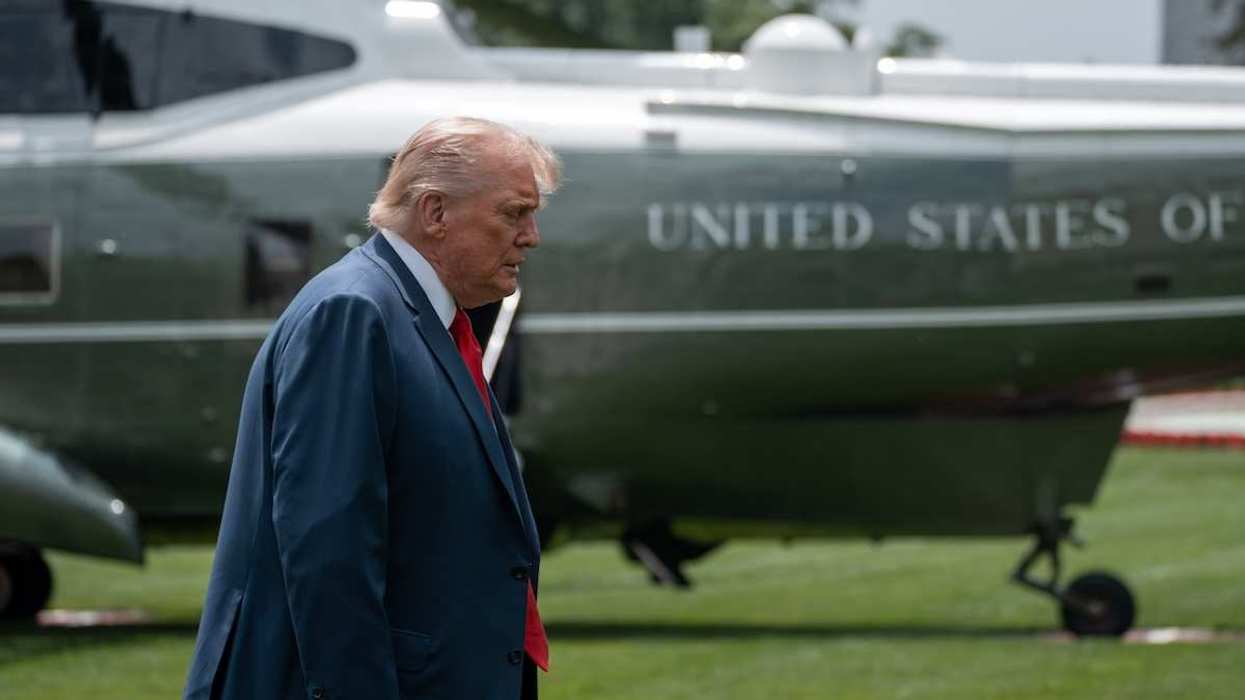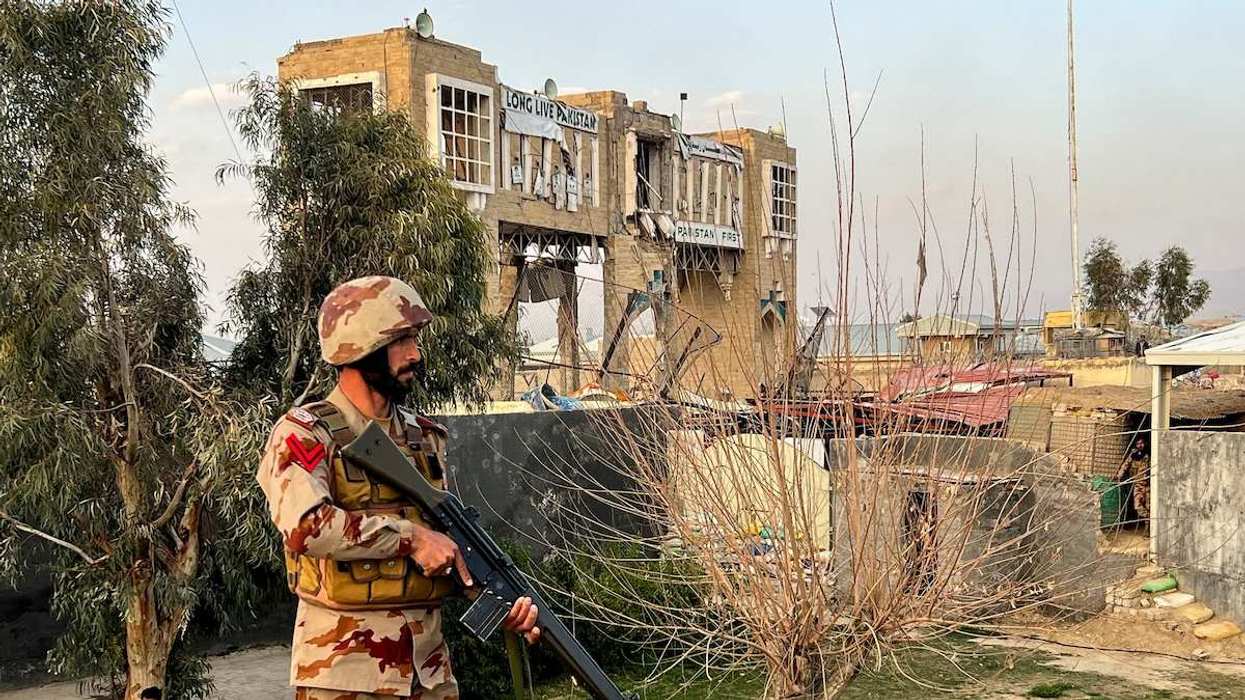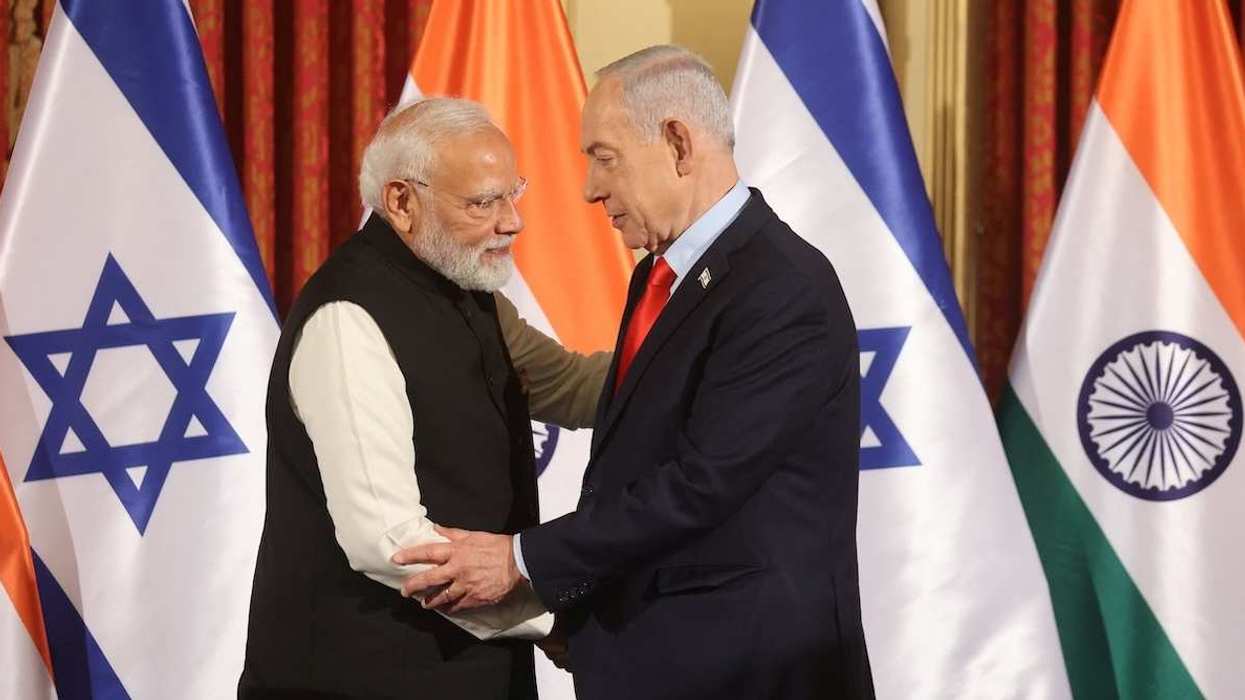Over 50 parties are vying for the votes of the country’s 28 million citizens, but two of them could take South Africa in radically different directions. The first is the country’s main opposition party, the pro-business, mostly white-led, centrist Democratic Alliance. Leader John Steenhuisen has already gathered smaller opposition parties, including the Inkatha Freedom Party, to form the Multi-Party Charter for South Africa, pledging to combine their votes to challenge the ANC to form a government.
The second is the Marxist, Black-led Economic Freedom Fighters party, whose leader, former ANC politician Julius Malema, is calling for the nationalization of the country’s gold and platinum mines and the seizure of land from white farmers. Malema could be a kingmaker should the ANC need third-party support, a scenario Steenhuisen describes as “doomsday” for South Africa.
And while former President Jacob Zuma cannot run in this year’s election due to convictions for corruption, observers see him as another potential kingmaker, wielding power behind the scenes through his uMkhonto weSizwe Party.
Whatever the result, a coalition government would be inherently unstable. In the view of Eurasia analyst Ziyanda Stuurman, “I would expect such a government to collapse before the end of its term in 2029, requiring snap elections.”
